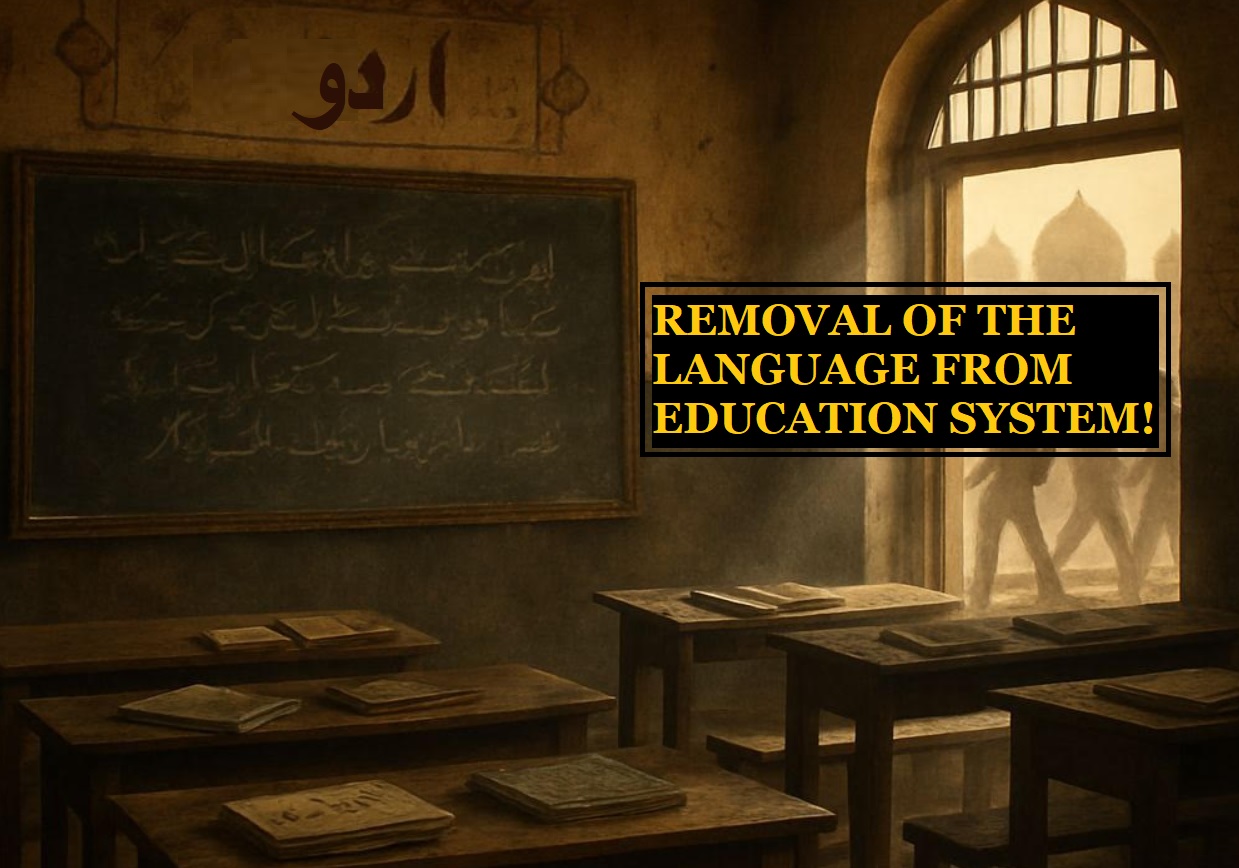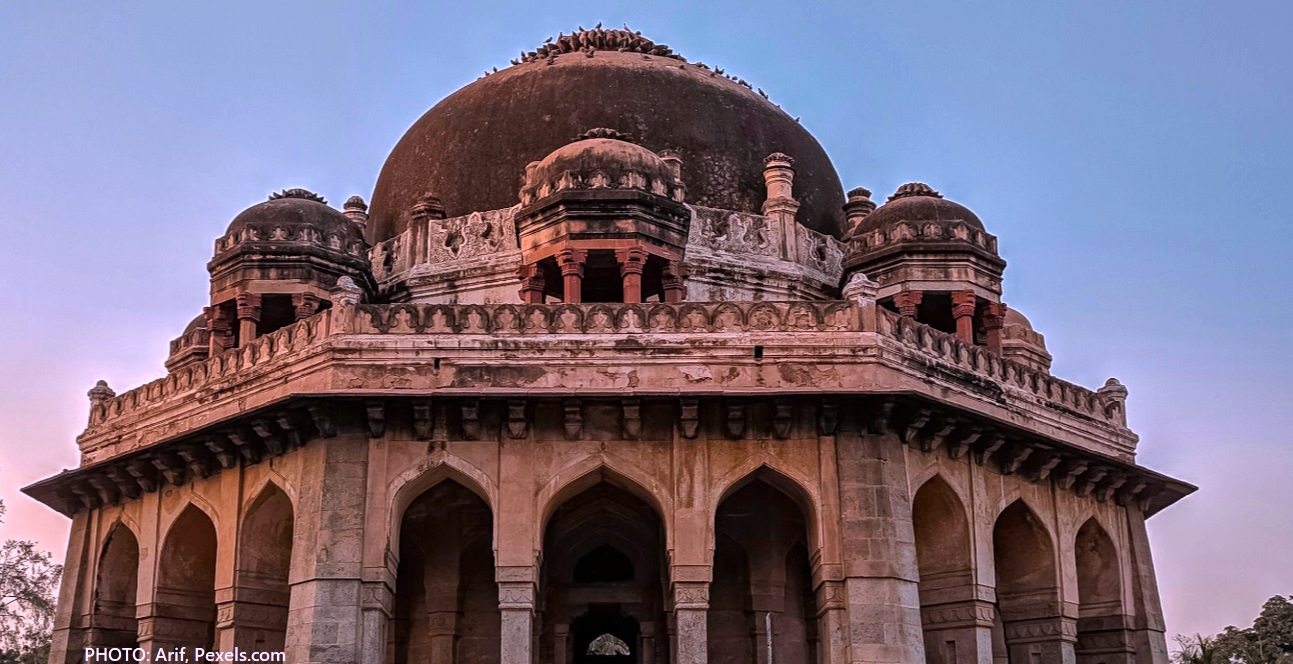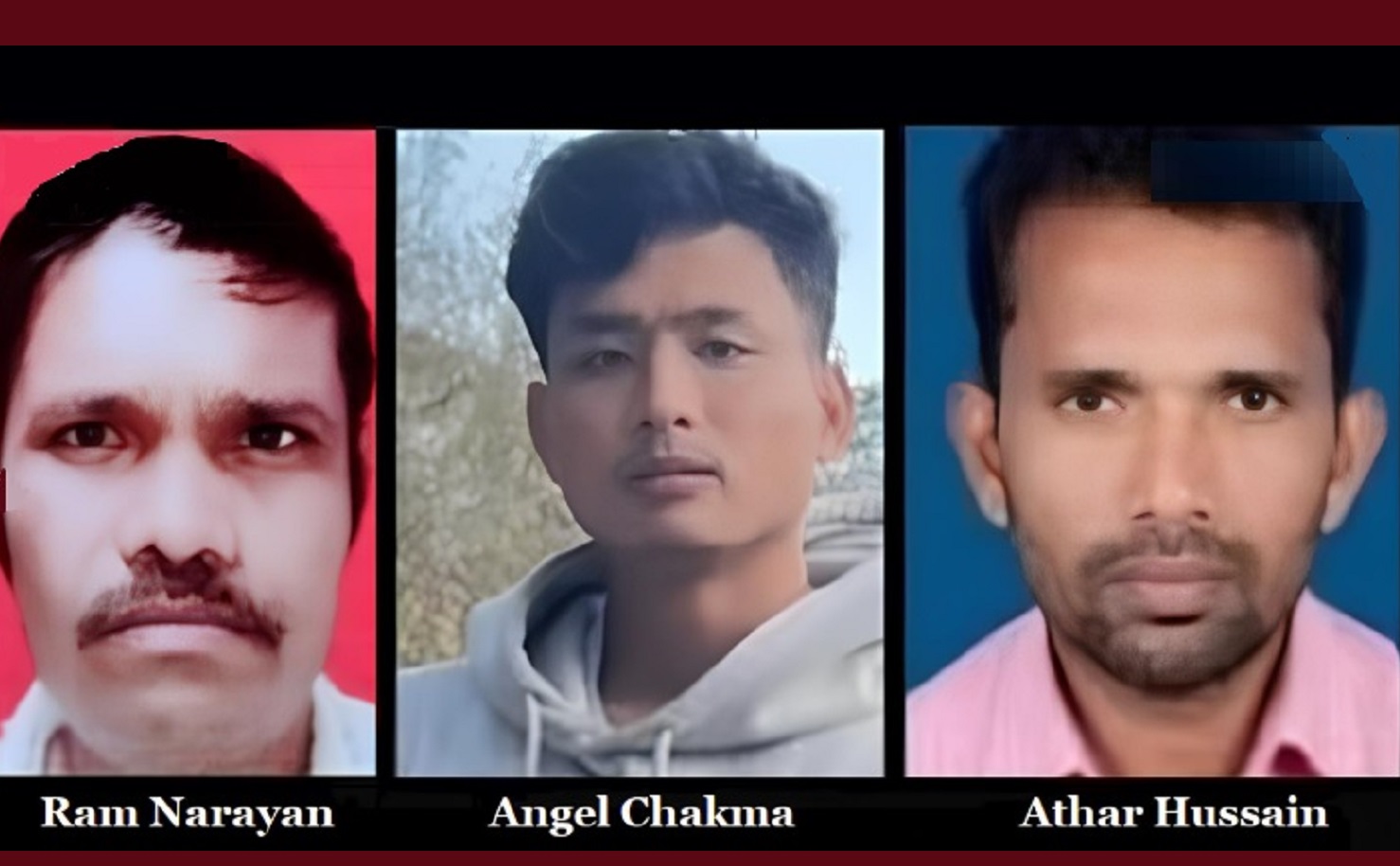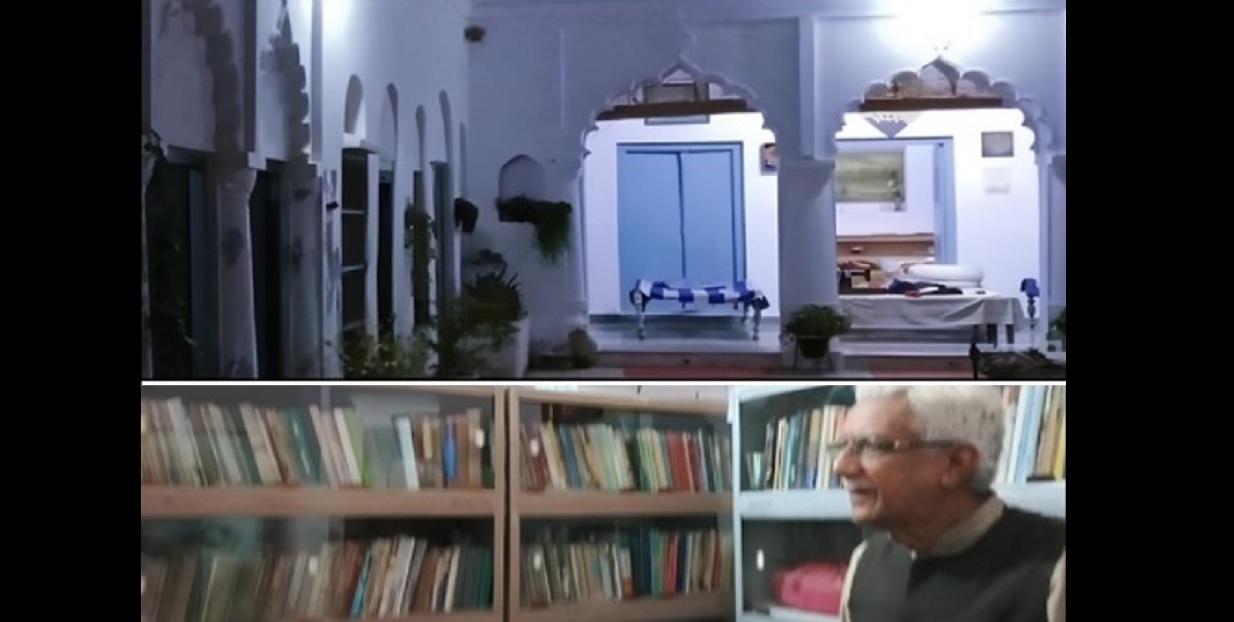By Muhammad Nomaan Khan
The Asia Tribune
Urdu, one of the most widely spoken languages and a symbol of India’s rich pluralism, is facing a piquant situation.
On one hand, it remains a language that has rich literature and its couplets are quoted in Parliament, but on the other hand, it is losing its place in the educational system.
The schools that provide education in Urdu medium are not being opened in most North Indian state.
Though it is a democratic right and the children should be able to get education in their mother tongue.
In fact, the schools are getting closed. As third language too, it is not taught in most schools, though the option is available on papers.
Due to lack of any state with Urdu as sole official language, it is not a compulsory language in even one state.
Several factors are driving this crisis. The National Education Policy (NEP) 2020, while listing Urdu among the 22 scheduled languages, does not prioritize it or offer specific measures for its inclusion in education.
This policy gap, combined with funding cuts and curriculum changes, has led to a steady drop in Urdu-medium schools.
For instance, Karnataka has seen the number of Urdu schools fall, substantially, over the past decade.
In many states, the three-language formula is being used in such a way that Urdu is denied its place. Rajasthan, for example, has mostly Sanskrit taught as third language in government schools, sparking debates about identity and inclusion.
Such moves have led to fewer Urdu teachers being recruited and fewer students opting for it as subject.
Fearing limited career prospects and social stigma Experts and community leaders feel that without active state support, Urdu’s presence in textbooks, exams, and teacher recruitment will continue to shrink.
Students get discouraged from choosing Urdu due to these reasons, as often the subject is removed or teachers not available.
Else, books are printed late. In fact, the language’s exclusion from official narratives weakens India’s rich cultural mosaic.
Political rhetoric has sometimes linked Urdu with religious identity, further marginalizing the language and threatening India’s secular and pluralistic ethos..
In Maharashtra, language policies have fluctuated, with some attempts to accommodate Urdu, but clarity and consistent support remain lacking.
The removal of Urdu is erasing a vital piece of India’s cultural and intellectual heritage. Without urgent intervention, including policy reforms, community initiatives, and incentives for Urdu learning, the language that has a vast treasure of texts, will suffer.
Historically, Urdu united communities and contributed immensely to India’s literature, cinema and music.
Inclusion of Urdu is about more than preserving words, it’s about protecting a bridge that has long connected India’s diverse communities. Without urgent intervention, we risk losing a vital piece of our collective identity.
[The writer is BITS, Pilani certified researcher]




